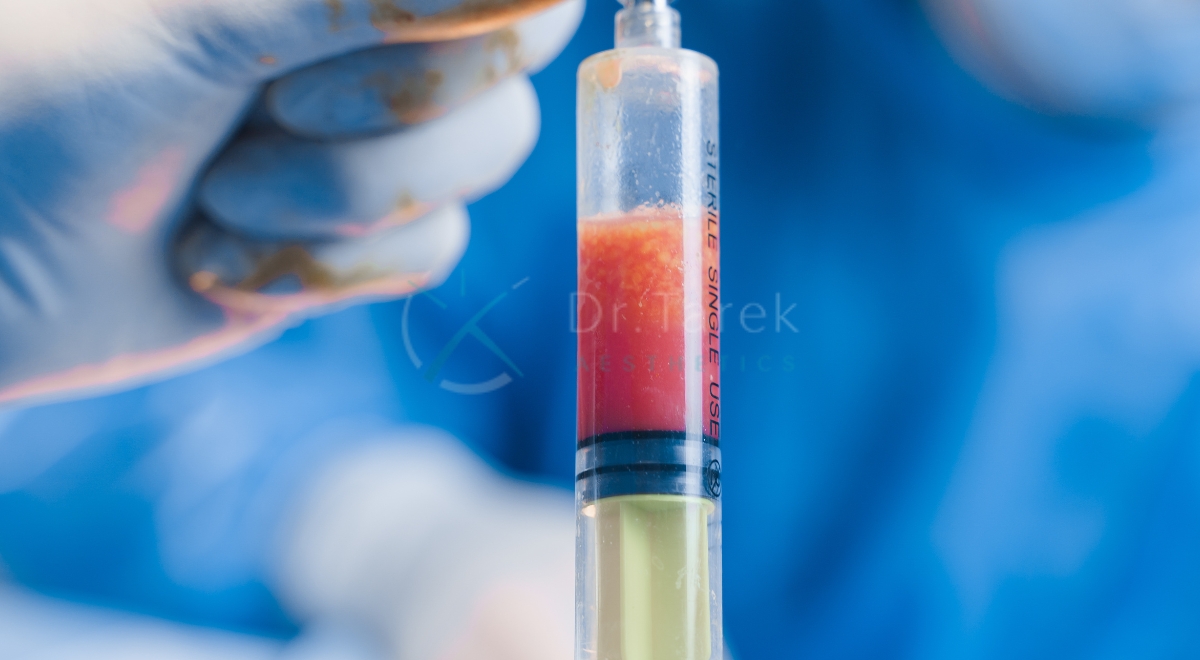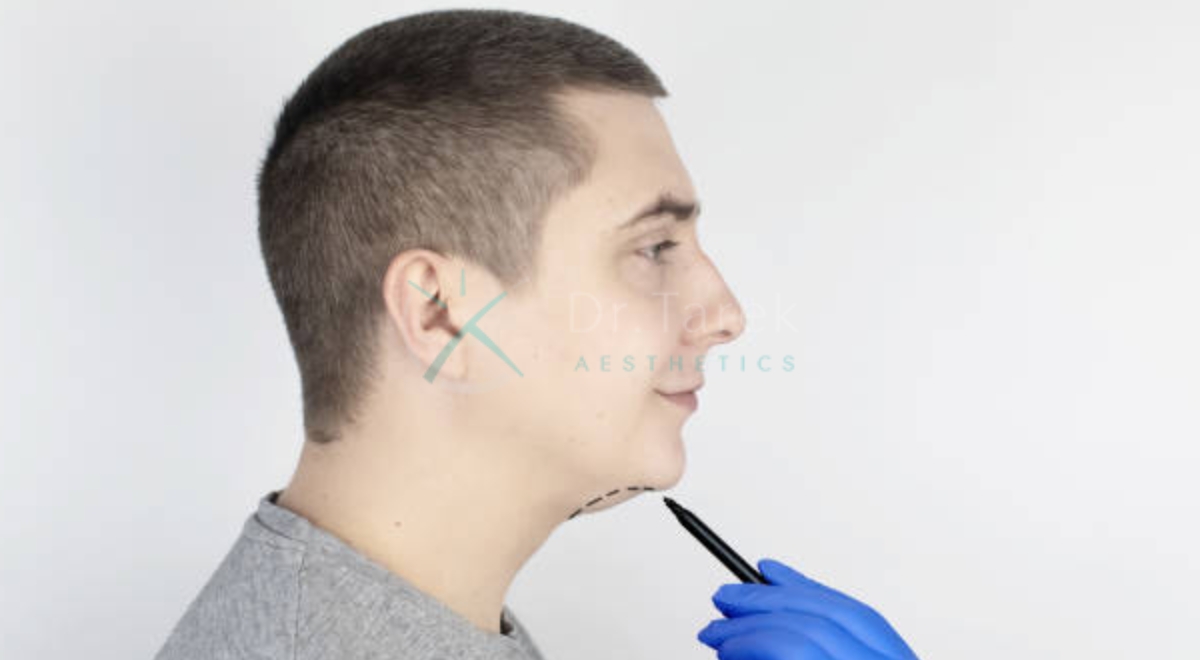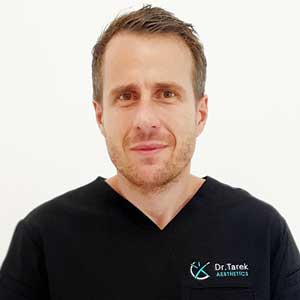When Is Liposuction Appropriate?
Understanding Liposuction
Liposuction is a popular cosmetic surgical procedure designed to remove excess fat deposits from specific areas of the body. This technique can help sculpt and contour the body, creating a more aesthetically pleasing silhouette. However, it’s crucial to understand that liposuction is not a weight-loss solution but rather a body contouring method.
Comprehensive Body Contouring helps reshape different parts of your body to make you look slimmer and more toned Comprehensive Body Contouring can include treatments for your tummy arms legs and other areas all at once
Dr. Tarek, a board-certified plastic surgeon, emphasizes that liposuction is most effective for individuals who are at or near their ideal body weight but struggle with stubborn fat pockets that resist diet and exercise. The procedure can target various areas, including the abdomen, thighs, hips, arms, and chin.
Common Misconceptions About Liposuction
Many people have misconceptions about liposuction, which can lead to unrealistic expectations. It’s important to dispel these myths to ensure patients make informed decisions about their body contouring journey.
Book A Consultation With Dr Tarek Bayazid
Top-rated Plastic Surgeon For Liposuction in Dubai
Installment Plan Available
- Liposuction is not a substitute for weight loss
- Results are not immediate and require a recovery period
- The procedure does not improve skin elasticity or cellulite
- Fat can return if a healthy lifestyle is not maintained
|
Misconception |
Reality |
|
Liposuction is for weight loss |
Liposuction is for body contouring |
|
Results are instant |
Recovery and final results take time |
|
Treats cellulite and loose skin |
Primarily removes fat deposits |
|
Permanent fat removal |
Requires lifestyle maintenance |
Who is a Good Candidate for Liposuction?
Ideal Body Types for Liposuction
The best candidates for liposuction are individuals who have specific areas of localized fat that are resistant to diet and exercise. These people typically:
- Are within 30% of their ideal body weight
- Have good skin elasticity
- Maintain a stable weight
- Are non-smokers or willing to quit before surgery
Dr. Tarek notes that patients with realistic expectations and a commitment to a healthy lifestyle tend to be the most satisfied with their liposuction results.
Health Conditions to Consider
While liposuction can be an effective body contouring solution, certain health conditions may make the procedure inappropriate or risky. Patients should disclose their full medical history during consultation.
- Cardiovascular diseases
- Blood clotting disorders
- Diabetes
- Immunodeficiency disorders
- Pregnancy or recent childbirth
It’s essential to have a thorough medical evaluation before considering liposuction to ensure the procedure is safe and appropriate for your individual circumstances.
What Exactly is Liposuction?
Liposuction is a surgical procedure that removes excess fat deposits using a suction technique. The process involves making small incisions in the target area and inserting a thin tube called a cannula to break up and remove fat cells.
Types of Liposuction Procedures
There are several variations of liposuction techniques, each with its own benefits and considerations:
- Tumescent liposuction: The most common technique, involving the injection of a saline solution to facilitate fat removal
- Ultrasound-assisted liposuction (UAL): Uses ultrasonic energy to liquefy fat before removal
- Laser-assisted liposuction: Employs laser technology to break down fat cells
- Power-assisted liposuction (PAL): Utilizes a vibrating cannula for more efficient fat removal
Areas of the Body Treated by Liposuction
Liposuction can be performed on various parts of the body where excess fat tends to accumulate:
- Abdomen and waistline
- Thighs and hips
- Arms and back
- Chin and neck
- Chest (particularly for men with gynecomastia)
- Calves and ankles
Dr. Tarek emphasizes that the best results are achieved when treating localized fat deposits rather than attempting to address overall obesity.
Will My Fat Come Back After Liposuction? 
One of the most common concerns patients have is whether the fat removed during liposuction will return. While the fat cells removed during the procedure are permanently gone, it’s important to understand that remaining fat cells can still expand if a healthy lifestyle is not maintained.
Long-term Results and Maintenance
To ensure long-lasting results from liposuction:
- Maintain a stable weight through proper diet and exercise
- Stay hydrated and avoid excessive alcohol consumption
- Wear compression garments as recommended by your surgeon
- Attend all follow-up appointments to monitor your progress
Importance of a Healthy Lifestyle Post-Surgery
Adopting a healthy lifestyle after liposuction is crucial for maintaining results and overall well-being. This includes:
- Regular exercise routine
- Balanced, nutritious diet
- Adequate sleep and stress management
- Avoiding smoking and excessive sun exposure
Remember, liposuction is not a substitute for a healthy lifestyle but rather a complement to it.
What is Recovery Like After Liposuction?
Recovery from liposuction varies depending on the extent of the procedure and individual healing factors. Generally, patients can expect some discomfort, swelling, and bruising in the treated areas.
Postoperative Care and Expectations
Proper postoperative care is essential for optimal healing and results:
- Wear compression garments as directed
- Take prescribed medications to manage pain and prevent infection
- Avoid strenuous activities for at least 2-4 weeks
- Attend all follow-up appointments with your surgeon
Most patients can return to work within a week, but full recovery may take several weeks to months.
Managing Pain and Discomfort
While some discomfort is normal after liposuction, there are ways to manage it effectively:
- Take pain medication as prescribed
- Use cold compresses to reduce swelling
- Engage in light walking to promote circulation
- Elevate treated areas when resting
If you experience severe pain or signs of infection, contact your surgeon immediately.
How Should I Choose a Surgeon?
Selecting the right surgeon is crucial for achieving safe and satisfactory results from liposuction.
Importance of Board-Certified Plastic Surgeons
When considering liposuction, it’s essential to choose a board-certified plastic surgeon like Dr. Tarek. Board certification ensures that the surgeon has:
- Completed extensive training in plastic surgery
- Passed rigorous examinations
- Adheres to strict ethical standards
- Continues their education to stay current with advancements in the field
Questions to Ask During Your Consultation
Prepare a list of questions for your consultation to ensure you have all the information needed to make an informed decision:
- How many liposuction procedures have you performed?
- Can I see before and after photos of your patients?
- What type of liposuction technique do you recommend for my case?
- What are the potential risks and complications?
- What can I expect during recovery?
Don’t hesitate to ask for clarification on any aspect of the procedure or recovery process.
When is Liposuction Appropriate for Body Contouring?
Liposuction is an excellent option for body contouring when diet and exercise alone have not achieved the desired results. It’s particularly effective for addressing stubborn fat deposits that are resistant to traditional weight loss methods.
Combining Liposuction with Other Procedures
In some cases, liposuction may be combined with other cosmetic procedures for more comprehensive results:
- Tummy tuck (abdominoplasty)
- Breast reduction or lift
- Facelift or neck lift
- Brazilian butt lift
Your surgeon can recommend the most appropriate combination of procedures based on your individual goals and body type.
Benefits of Liposuction for Body Contouring
Liposuction offers several advantages for body contouring:
- Targeted fat removal
- Improved body proportions
- Enhanced clothing fit
- Boost in self-confidence
However, it’s important to have realistic expectations and understand that liposuction is not a substitute for overall weight loss.
Liposuction of the Face and Neck 
Facial liposuction can be an effective way to address excess fat in the face and neck area, creating a more defined jawline and youthful appearance.
Specific Techniques for Facial Liposuction
Facial liposuction requires specialized techniques due to the delicate nature of the area:
- Micro-cannulas for precise fat removal
- Tumescent technique to minimize bleeding and bruising
- Careful attention to symmetry and natural contours
Dr. Tarek emphasizes the importance of a conservative approach to facial liposuction to avoid an overly sculpted or unnatural appearance.
Recovery and Results for Facial Liposuction
Recovery from facial liposuction is typically quicker than body liposuction:
- Swelling and bruising usually subside within 1-2 weeks
- Most patients can return to work within a week
- Final results may take 3-6 months to fully develop
Proper sun protection and skincare are crucial during the recovery period to ensure optimal healing and results.
Complications and Risks of Liposuction
While liposuction is generally safe when performed by a qualified surgeon, it’s important to be aware of potential risks and complications.
Common Complications
Some potential complications of liposuction include:
- Contour irregularities
- Numbness or changes in sensation
- Infection
- Fluid accumulation (seroma)
- Poor wound healing
How to Minimize Risks
To reduce the risk of complications:
- Choose a board-certified plastic surgeon
- Disclose your full medical history
- Follow all pre and post-operative instructions
- Maintain a healthy lifestyle before and after surgery
- Attend all follow-up appointments
Remember, your safety should always be the top priority when considering any cosmetic procedure.
Outcome and Prognosis of Liposuction
When performed appropriately on suitable candidates, liposuction can provide significant improvements in body contour and self-confidence.
Expected Results
Patients can typically expect:
- Reduction in localized fat deposits
- Improved body proportions
- Enhanced clothing fit
- Results that continue to improve over several months
It’s important to note that final results may not be fully visible for 3-6 months as swelling subsides and the body adjusts to its new contours.
Long-term Prognosis
The long-term success of liposuction depends largely on the patient’s commitment to maintaining a healthy lifestyle. With proper diet and exercise, results can be long-lasting. However, significant weight gain can affect the overall outcome.
FAQs
When is liposuction appropriate for weight loss?
Liposuction is not appropriate for weight loss. It is a body contouring procedure designed to remove localized fat deposits that are resistant to diet and exercise. Ideal candidates are within 30% of their ideal body weight and have specific areas they wish to target.
Can anyone be a candidate for liposuction?
Not everyone is a suitable candidate for liposuction. Good candidates are generally healthy, at or near their ideal weight, have good skin elasticity, and realistic expectations. Certain medical conditions or medications may make liposuction inappropriate or risky for some individuals.
What areas of the body can be treated with liposuction?
Liposuction can be performed on various areas of the body where excess fat tends to accumulate. Common treatment areas include the abdomen, thighs, hips, arms, back, chin, and neck. The procedure can be tailored to address specific concerns and achieve desired body contours.
How long does it take to recover from liposuction?
Recovery time varies depending on the extent of the procedure and individual healing factors. Most patients can return to work within a week, but full recovery may take several weeks to months. It’s important to follow your surgeon’s post-operative instructions carefully to ensure optimal healing and results.
Will the fat return after liposuction?
While the fat cells removed during liposuction are permanently gone, remaining fat cells can still expand if a healthy lifestyle is not maintained. To ensure long-lasting results, it’s crucial to maintain a stable weight through proper diet and exercise after the procedure.
What should I look for in a liposuction surgeon?
When choosing a liposuction surgeon, look for board certification in plastic surgery, extensive experience with the procedure, and a portfolio of before and after photos. It’s also important to feel comfortable with the surgeon and their staff, and to have all your questions answered during the consultation.
Is liposuction safe for facial areas?
Facial liposuction can be safe and effective when performed by an experienced, board-certified plastic surgeon. The procedure requires specialized techniques due to the delicate nature of the facial area. It’s important to have realistic expectations and understand that a conservative approach is often best for natural-looking results.
What are the risks associated with liposuction?
Like any surgical procedure, liposuction carries some risks. These may include contour irregularities, numbness, infection, fluid accumulation, and poor wound healing. Choosing a qualified surgeon and following all pre and post-operative instructions can help minimize these risks.
How can I maintain my results after liposuction?
To maintain your liposuction results, it’s important to adopt a healthy lifestyle. This includes regular exercise, a balanced diet, staying hydrated, and avoiding excessive alcohol consumption. Wearing compression garments as recommended by your surgeon and attending follow-up appointments are also crucial for optimal long-term results.
What is the long-term prognosis after liposuction?
The long-term prognosis after liposuction is generally positive when patients maintain a stable weight and healthy lifestyle. Results can be long-lasting, but significant weight gain can affect the overall outcome. Regular exercise and a balanced diet are key to preserving your new body contours.











Related Posts